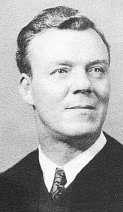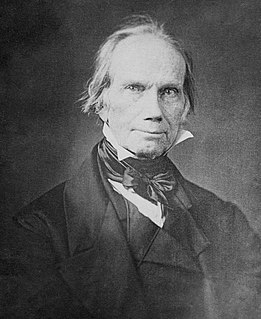A Quote by Joseph Addison
Our admiration of a famous man lessens upon our nearer acquaintance with him; and we seldom hear of a celebrated person without a catalogue of some notorious weaknesses and infirmities.
Quote Topics
Related Quotes
Besides, our action on each other, good as well as evil, is so incidental and at random, that we can seldom hear the acknowledgments of any person who would thank us for a benefit, without some shame and humiliation. We can rarely strike a direct stroke, but must be content with an oblique one; we seldom have the satisfaction of yielding a direct benefit, which is directly received.
The modern challenge to motherhood is the eternal challenge--that of being a godly woman. The very phrase sounds strange in our ears. We never hear it now. We hear about every other type of women: beautiful women, smart women, sophisticated women, career women, talented women, divorced women. But so seldom to we hear of a godly woman--or of a godly man either, for that matter. I believe women come nearer to fulfilling their God-given function in the home than anywhere else.
Style begins with the people passing through one’s life, the harbingers we push against and the stylemakers we want to clone. Some are famous, some not. Style grows from admiration, from longing, from discrimination—and, yes, from love. It’s all the places you’ve been to and the people and the moments you’ve known: the parts you’ve adopted, to keep forever, and transformed. We wear our history in our hearts and on our backs.
Thus love is the most easy and agreeable, and gratitude the most humiliating, affection of the mind. We never reflect on the man we love without exulting in our choice, while he who has bound us to him by benefits alone rises to our ideas as a person to whom we have in some measure forfeited our freedom.
A high character might be produced, I suppose, by continued prosperity, but it has very seldom been the case. Adversity, however it may appear to be our foe, is our true friend; and, after a little acquaintance with it, we receive it as a precious thing - the prophecy of a coming joy. It should be no ambition of ours to traverse a path without a thorn or stone.
Americans respect talent only insofar as it leads to fame, and we reserve our most fervent admiration for famous people who destroy their lives as well as their talent. The fatal flaws of Elvis, Judy, and Marilyn register much higher on our national applause meter than their living achievements. In Amerca, talent is merely a tool for becoming famous in life so you can become more famous in death - where all are equal.
The commandment of God is, that we love Our Lord in all our heart, in all our soul, in all our thought. In all our heart; that is, in all our understanding without erring. In all our soul; that is, in all our will without gainsaying. In all our their ought; that is, that we think on Him without forgetting. In this manner is very love and true, that is work of man's will. For love is a willful stirring of our thoughts unto God, so that it receive nothing that is against the love of Jesus Christ, and therewith that it be lasting in sweetness of devotion; and that is the perfection of this life.
All legislation, all government, all society is founded upon the principle of mutual concession, politeness, comity, courtesy; upon these everything is based...Let him who elevates himself above humanity, above its weaknesses, its infirmities, its wants, its necessities, say, if he pleases, I will never compromise; but let no one who is not above the frailties of our common nature disdain compromises.
God is at the tip of our scalpels, our screwdrivers, our computer terminals, our dust rags, our vacuum cleaners, our pencils and pens. He is with us in our wheelchairs, or on our hospital beds, when all we can do is sit or lie flat. When we envision Him and His purpose in what we do, then we begin to grow aware of His presence in the middle of it. We are able to engage in our inward conversation with Him as we work, naturally, without strain. He becomes our partner, our collaborator.






































